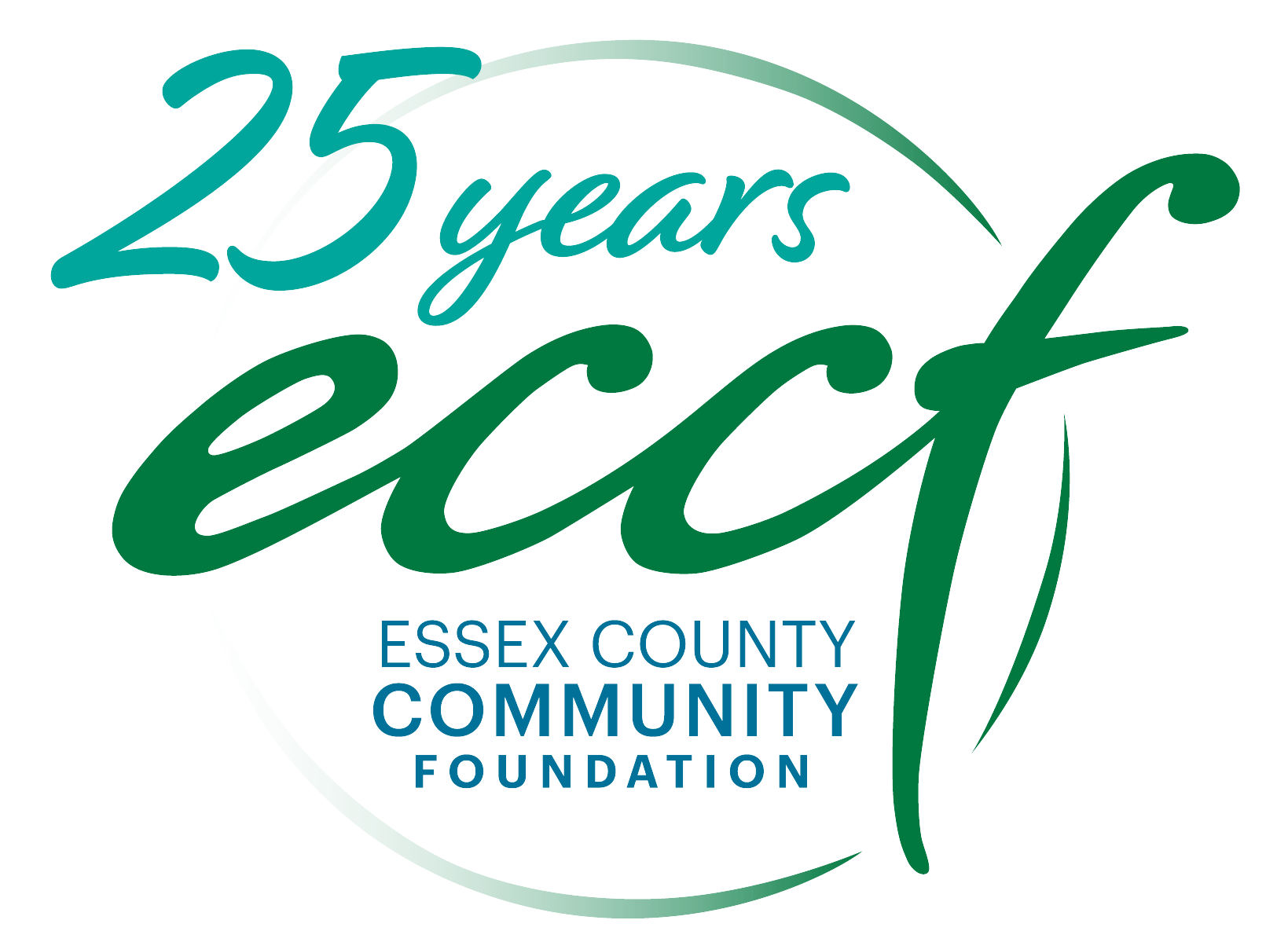By Michelle Xiarhos Curran
ECCF Communications Writer
Three quarters of respondents to a recent poll conducted by Essex County Community Foundation indicated that they were interested in applying to new digital equity programming offered by the Massachusetts Broadband Institute (MBI) – the Commonwealth’s broadband coordinator and a division of the Massachusetts Technology Collaborative.
MBI is currently seeking applicants for its Municipal Digital Equity Planning Program, which will enable municipalities, or other local bodies of government, to engage in planning activities related to digital equity and bridging the digital divide, and the Digital Equity Partnership Program, through which designated partners gain fiduciary and technical responsibilities associated with executing the grant funding, as well as access to resources designed to build capacity and expertise in digital equity implementation activities.
“It’s a really big opportunity, but it’s also a lot to absorb,” Stratton Lloyd, ECCF’s executive vice president and COO, told more than 50 attendees at the Dec. 6 meeting of the Essex County Digital Equity Coalition, a group spearheaded by the foundation and working together to bridge the digital divide in Essex County. “If folks are thinking of applying, we want to support you. Our goal is to have Essex County benefit as much as possible from all these programs.”
ECCF gathers the Digital Equity Coalition – which now stands at more than 200 members – each quarter to discuss digital equity developments, progress, data and research, new state and federal funding and program opportunities, and ways to work together to ensure all residents have the access, education and equipment necessary to successfully navigate our increasingly digital world.
“This coalition has consistently grown over the last year, which is a testament not only to the critical nature of the work, but also the energy and drive in Essex County to address digital equity together,” said Kate Machet, ECCF’s director of strategic initiatives and community leadership.
In addition to the programs being offered by MBI, another recent focus of the coalition has been the implementation across Essex County of the Affordable Connectivity Program (ACP), a federal initiative that subsidizes the high cost of high-speed internet service for eligible residents. About a quarter of Massachusetts residents (more than a half million households) qualify for the ACP, yet only about 40% of those qualified are enrolled.
In Essex County, only about 24,000 of approximately 74,000 eligible households have signed up for the ACP. That’s just 32%.
“We’d love you to support raising that number to 100%,” said Virginia Benzan, director of Racial Justice Advocacy at the Massachusetts Law Reform Institute, who was on hand at the Dec. 6 meeting to give a comprehensive overview of the ACP program, eligibility requirements, how to sign up and who to contact for help.
In Haverhill, Keith Boucher, Lizbeth Valdez and the rest of the team at MakeIt Haverhill – a program of Community Action, Inc. that is focused largely on workforce development – have just concluded the first phase of a pilot program, supported by ECCF, that leverages marketing, community outreach, on-site clinics and bilingual volunteers to help enroll more Haverhill residents in the ACP.
Boucher shared the results and lessons learned from the pilot, which resulted in 23 ACP sign-ups over several months and an understanding that the ACP process is often cumbersome and not very intuitive, especially for the many residents attempting to apply via smartphone. Phase two of the pilot will include a partnership with the Haverhill Housing Authority to reach more residents, a documented sign-up process for sharing best practices and the introduction of residents to computer training, device distribution and additional MakeIt Haverhill programming like English classes and employment assistance.
“The ACP is great, but what we’re really focused on at MakeIt Haverhill is true digital literacy,” said Boucher.
ECCF is focused on supporting additional cities and towns as cross-sector leaders explore innovative ways to create “true digital literacy” too, and as they seek help in leveraging state and federal programs.
“We’re open to exploring funding and additional projects for other communities who are interested in doing similar work,” said Lloyd.
The TEK Collaborative, a new nonprofit incubated with the support of ECCF that refurbishes and distributes free, internet-enabled devices to those who need them, has played a significant role in ECCF’s overall support of community-based digital equity work. The organization has distributed 1,500 devices to individuals and organizations over a nine-month span.
“We’re still a new organization, still figuring it out and getting organized,” Williams told meeting participants. “Our goal for the next calendar year is to deliver 4,000 devices.”
In the coming months, TEK Collaborative will look to partner with schools, towns and other organizations to collect unwanted laptops and Chromebooks that can be brought back to life and distributed to students, small business owners and families who need them.
“It can change someone’s life. It can change the trajectory that they’re on,” said Williams. “I love what I do. I love what we’re capable of doing. And I love the impact we’re having.”
For more information about how you can donate or request devices from TEK Collaborative, visit www.tekcollaborative.org.
“Our hope is that this is going to grow beyond Essex County,” said Lloyd. “And if you work with or are affiliated with a company, it’s a great wat to maximize their philanthropy.”
The next meeting of the Digital Equity Coalition will take place in March 2023.

